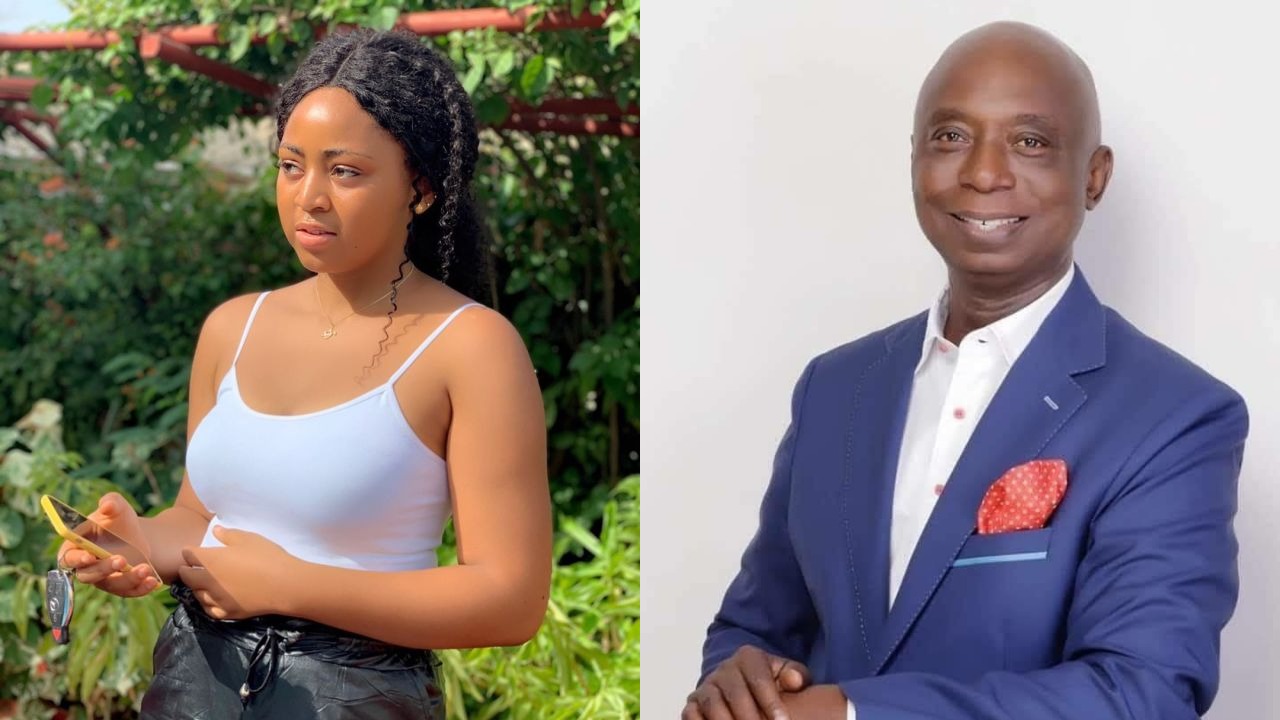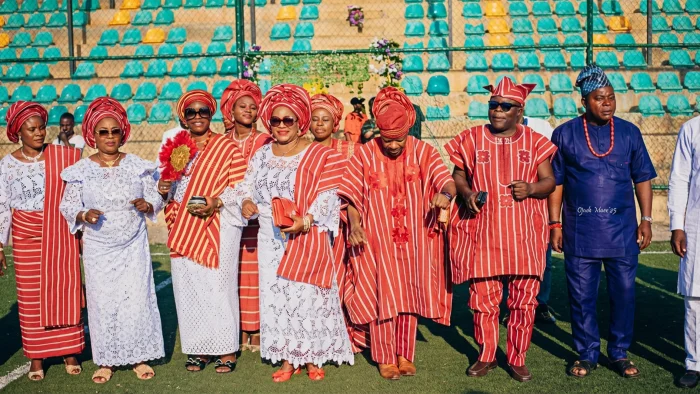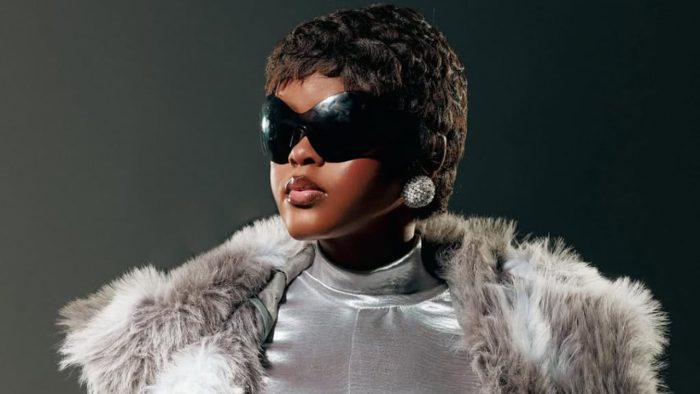Nigeria, often referred to as the ‘Giant of Africa’, is not only celebrated for its rich cultural diversity but also for its vibrant music scene.
[ad]
While Afrobeats has taken the world by storm, there is so much more to Nigerian music than what the international audience gets to know. In this exploration, you will come to the realisation of Nigerian sounds, before and beyond afrobeat
The Roots of Afrobeat
Afrobeat may have gained global recognition, but it’s essential to acknowledge its roots. The genre, pioneered by the legendary Fela Kuti, emerged as a fusion of traditional Nigerian rhythms, jazz, highlife, and funk. Fela’s lyrics often carried strong political and social messages, giving a voice to the oppressed. His legacy lives on in contemporary Nigerian artists who continue to use their music to address important issues.
Afrobeat’s Evolution
Nigerian music has witnessed an evolution in sound. Modern afrobeats, as championed by artists such as Wizkid and Burna Boy, incorporates elements of hip-hop, dancehall and reggae. This fusion has a global appeal, with chart-topping hits that resonate from Lagos to London. The beats are infectious, and the lyrics are often a reflection of the artists’ life experiences and their journey from the streets to stardom.
The Resurgence Of Highlife
While afrobeats is on the rise, there’s a resurgence of interest in highlife, a genre that pre-dates afrobeats. Highlife music, characterised by its jazzy horns, guitars and traditional African percussion, tells stories of love, life and nostalgia. Younger artists like Adekunle Gold and Flavour are reviving this classic genre and creating a fusion of old and new sounds that captivates audiences.
Indigenous, Local Sounds
Nigeria’s music scene is a reflection of its cultural diversity, with over 250 ethnic groups. Indigenous sounds like Yoruba Fuji, Igbo Highlife, and Hausa traditional music are experiencing a renaissance. Talented artists like Brymo and Bez are incorporating these local sounds into their music, connecting with their roots and showcasing the beauty of Nigerian diversity.
Alternative Music
Nigeria’s alternative music scene is thriving, with artists pushing creative boundaries. Acts like Asa, Johnny Drille, and Tems offer a refreshing departure from the mainstream, exploring themes of love, identity and self-discovery. Their unique sound, often accompanied by acoustic guitars and soulful vocals, is resonating with a growing fanbase that craves depth and authenticity.
Gospel Music
Nigerian gospel music has deep spiritual and emotional connections. Artists like Tope Alabi and Nathaniel Bassey have transcended borders, spreading messages of faith and hope. The fusion of gospel with contemporary sounds has created a genre that’s uplifting both in its lyrics and melodies.
The Power Of Soundtracks
Nigerian movies, known as Nollywood, produce hundreds of films each year. These movies rely heavily on soundtracks to enhance storytelling. Musicians like Timi Dakolo and Teni have made significant contributions to Nollywood, creating soul-stirring soundtracks that evoke a range of emotions.
Women In Music
Nigerian women have been pivotal in shaping the music landscape. Tiwa Savage, Yemi Alade, and Niniola are just a few examples of female artistes who’ve broken barriers and carved their niche in the industry. Their resilience and creative prowess are inspirations for the next generation.
Nigerian music is a treasure trove of diverse sounds, stories, and experiences. While Afrobeats continues to capture global attention, it’s just one facet of a multifaceted industry. From the roots of Afrobeat and the resurgence of Highlife to the alternative music scene and the powerful influence of gospel music, Nigeria’s musical landscape is ever evolving.
It’s a testament to the creativity and resilience of Nigerian artists who continue to shape the nation’s cultural identity through the universal language of music. Beyond Afrobeats, Nigeria’s musical journey is one of depth, diversity, and limitless potential.
[ad unit=2]








